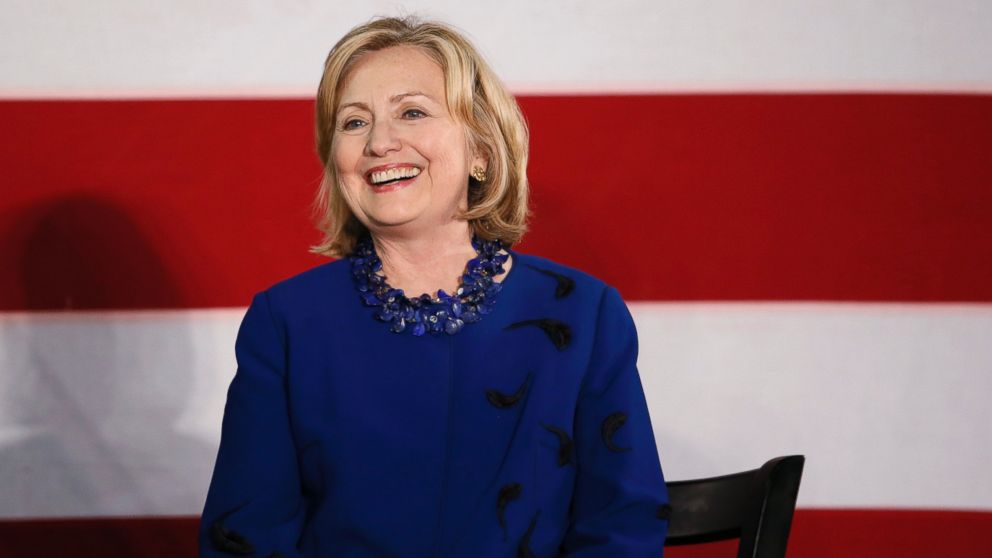How Potential Presidential Candidates Spend Election Night
A lot of questions have to be answered as the results come in.

— -- This story is co-authored by ABC News special correspondent Matthew Dowd and National Journal columnist Ron Fournier. Dowd has worked in Democratic and Republican campaigns for 30 years, including as chief campaign strategist for Bush-Cheney 2004.
In hotel suites across America, the nation's most talented and ambitious politicians are huddling with their entourages -- nervous smiles and high-fives as Tuesday night's election results put them into position to make a most profound decision: whether to run for the presidency.
We don't fully know what's happening in those rooms, but three decades of campaign strategy and coverage give us a pretty good idea.
God Bless America: Let's Debate Acts of War
First, most of these men and women desperately want to be part of a presidential race. The candidates are competition junkies who've always wondered what it would be like to wield the Constitution's greatest powers. Their advisers consider electing a president the ultimate professional achievement -- the key to fame, wealth, and influence.
Second, there's a higher purpose for most of these people. Sure, some may lose sight of their calling once in office, but for just about everybody in these rooms, the fundamental ambition is to make the country better -- and to make history doing so.
Third, most of these people are closer to saying "no" than you think. Despite conventional wisdom, which would have you believe that the dithering is false modesty, most potential presidential candidates are a buffet of conflict.
In these suites is where raw ambition meets reality -- the dark secrets, inner doubts, and hidden roadblocks that might be coming into view. These are just a few that we know about:
A reluctant spouse: Bill and Hillary Clinton's mutual ambition is unique in American politics. In many political marriages, the candidate's spouse is a reluctant partner. The concerns are often benign, such as those shared by the two governors we know -- one current, one former -- whose wives don't want their kids' lives upended in 2016 and beyond. The concerns can be more malignant. Maybe a spouse or child is hiding an embarrassing secret -- not only from the public, but maybe from the candidate as well.
Hidden agenda (Candidate): Not every politician publicly mulling the presidency seriously expects to win. Some get into the race to nurse more modest ambitions -- higher speaking fees, TV contracts, book deals and, of course, ego stroking. Early in the 2000 campaign cycle, Fournier arranged to meet a GOP presidential candidate for coffee. He wanted to get to know the candidate a bit before covering him, so Fournier suggested they talk confidentially and about anything other than politics -- their families, sports, and any shared interests. The candidate kept steering the conversation back to the presidential campaign, and after growing frustrated with Fournier's refusal to bite, the guy blurted: "You know I don't have a chance in hell to win. I know I don't have a chance in hell to win. But could you at least play along?"




